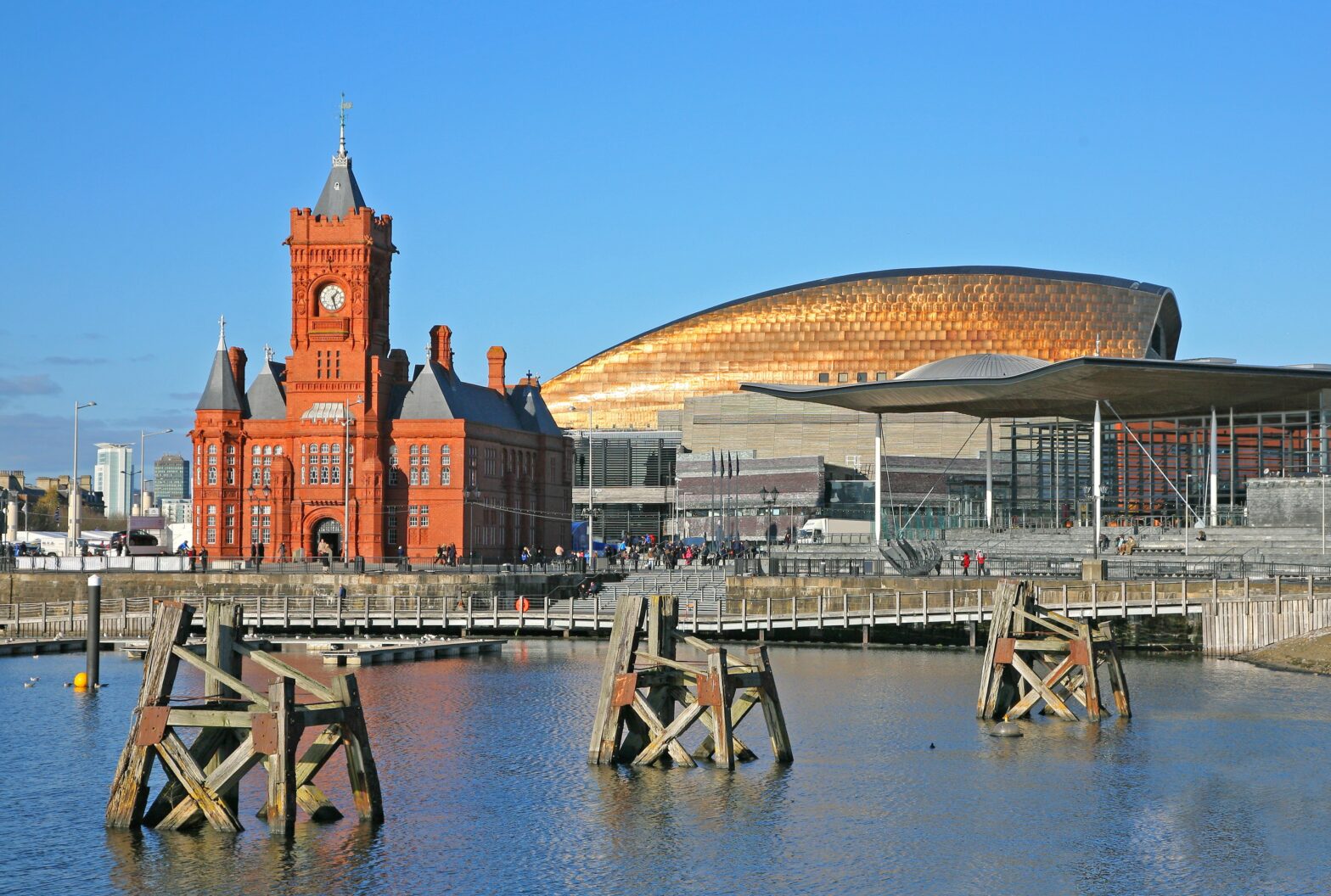Here, Carlton Cummins, founder of Aceleron, discusses how his business secured a grant for essential equipment.
What is your business?
Project Aceleron is an emerging cleantech start-up that deals with waste management and technology development. We want to accelerate access to energy storage by transforming end-of-life lithium batteries, like those found in electric vehicles and laptops, into safe and cost effective energy storage. We are looking to address this issue of wasting usable batteries by providing affordable energy storage solutions. Aceleron is developing technology applications like battery packs for wheelchairs or energy storage batteries for homes.
When I was working in the energy sector, I saw first-hand that sustainable energy often wasn’t accessible in developing regions. Aceleron was driven by the vision of offering energy storage at an affordable price, so that it can be accessed by people who need it most. And the best way to do that is to make better use of an existing resource. As a company just starting out we have successfully applied for many grants. One of the most helpful grants in growing our business was the Central Research Laboratory’s ‘London Hardware Accelerator’.
How did you find out about the grant? What did you need it for?
The Central Research Lab advertises its Hardware Accelerator quite heavily online so the Accelerator Programme was on our radar from a very early stage. I later found out that a friend of mine was part of programme in its first year. After hearing her testimony of the programme it was a no brainer for us! The Hardware Accelerator is aimed at start-ups that design and make physical products. It’s a nine-month programme that offers fledgling businesses free office space, access to prototyping lads, £5,000 in grant money, as well as access to product development expertise. This was a huge selling point for us!
What was the application process like? What did you have to do?
The application process was rigorous. Initially you have to register with an expression of interest, this involves explaining why the programme is of interest to you and how it could improve your business. In addition to this you have to give them a taste of what it is your does. If your product is something they would like to see in their portfolio, you are then invited to submit a full application. If you manage to pass that stage you then need to present your idea to a panel along with a financial plan. They are very thorough and really try to get a feel for you as a person and your process of thinking. I think the application was lengthier than most other grants I’ve applied for but similar in nature.
How much money did you seek? What were the conditions of the grant?
The accelerator offers £5,000 to companies it bring on to its portfolio. In return for access to office space, technical expertise and an array of specialist services, the Central Research Lab takes 6 per cent equity in each company. Another condition, which is quite typical when it comes to grants, is that the financial support can only be used for the development of the product or business. It cannot be used to offset your living cost and must directly contribute to your project.
When you got the money, what did you do with it?
A lot of funding we received from the Hardware Accelerator was used to buy testing equipment specific to our product. Evaluating the health of batteries is paramount to what we do at Aceleron. In addition to this, the funding allowed us to get specific prototypes made that we could not create on site due to unique properties. Overall, the vast majority of the grant was spent on specific equipment. The official sum of money awarded by the programme was £5,000 but when you quantify all the services and advice that was made available free of charge it equals something in the region of £88,000, which is significant.
What advice would you give to other companies seeking grants?
Three words come to mind: persistence, feedback and refinement. There are a lot of opportunities out there to get support, my suggestion would be to try and engage as many people (relevant to your project) as possible. One thing to remember is that you won’t win half of the grants you apply for but the feedback is incredibly valuable. That feedback helps with the refinement of your pitch and helps you think differently about your business. You can’t send the same application to everyone – you want to know that the fourth grant application you send is four times better than your first.





